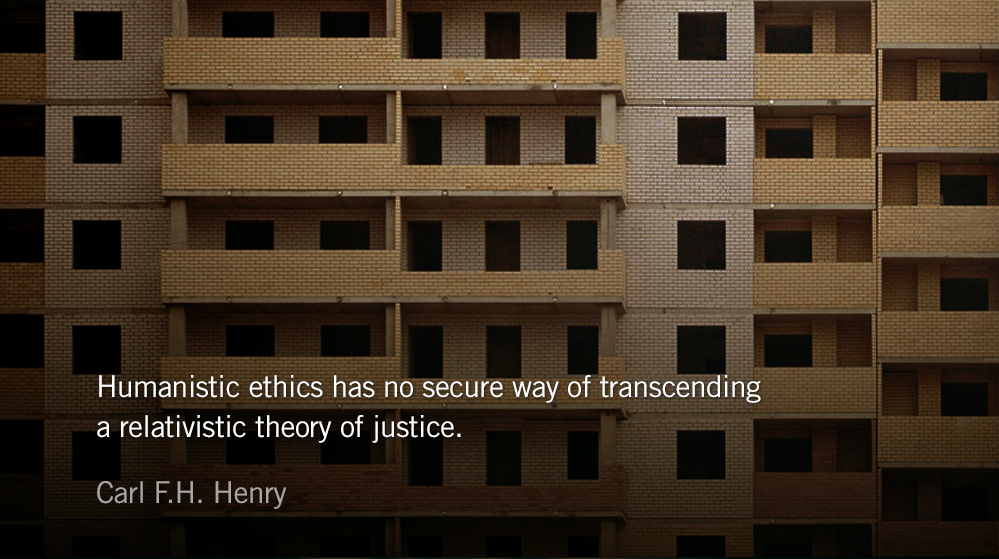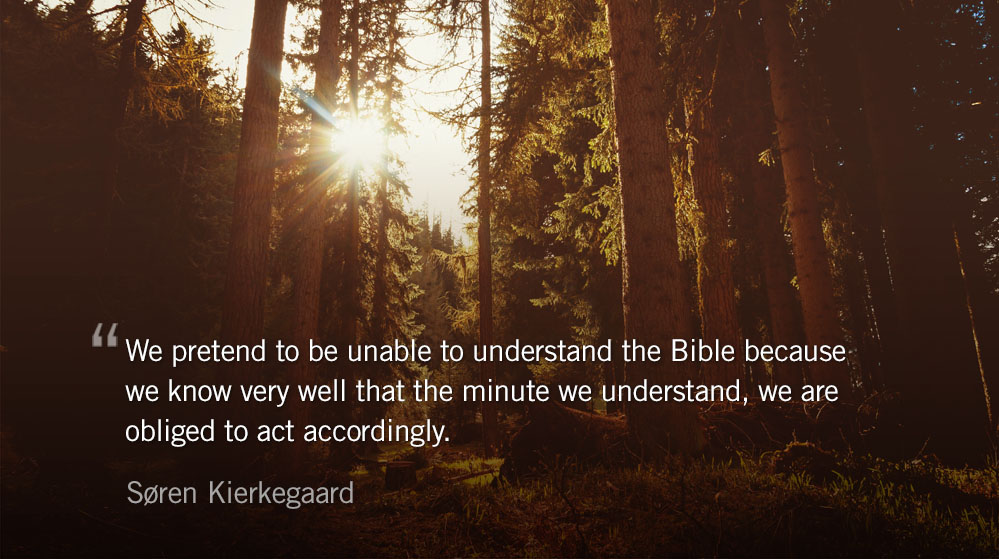Mark 2.5
When Jesus saw their faith, he said to the paralyzed man, “Son, your sins are forgiven.”
There is a difference between personal forgiveness and public justice. While personal forgiveness is concerned with the relationship between victim and offender, public justice is concerned with the relationship between public and offender. Sometimes, however, the line gets blurred. In our criminal justice system, for example, victims can present evidence at sentencing hearings to convey the harm they have experienced as a result of the crime in question. Although some of them express their personal forgiveness at these hearings, the criminal justice system does not encourage it because, regardless of how the victims may feel, the public has an interest in making sure justice is done. [1]
The Jewish scribes of the first century may not have used our judicial terminology, but they did understand the difference between personal forgiveness and public justice. This is why when Jesus told the paralytic, “Son, your sins are forgiven”, they were outraged. As Mark tells us, “Some of the scribes were sitting there, questioning in their hearts, ‘Why does this man speak like that? He is blaspheming! Who can forgive sins but God alone?’” They understood that Jesus was not talking about personal forgiveness; after all, what had the paralytic done to him? The scribes understood that Jesus was offering public justice; he was speaking on behalf of God the Judge himself.
Jesus knew it too. He said to them, “Why do you question these things in your hearts? Which is easier, to say to the paralytic, ‘Your sins are forgiven,’ or to say, ‘Rise, take up your bed and walk’? But that you may know that the Son of Man has authority on earth to forgive sins, I say to you, rise, pick up your bed, and go home.” This was God-in-charge in a new dimension. His kingdom was not just about healing physical ailments; it was also about something much more crippling – namely, the forgiveness of sins.
Prayer
Lord, our sin is our biggest problem because you love justice. In your holy presence, we confess our sins and acknowledge that our hearts are prone to sin and consciously yield to it. Yet Jesus bore our sin on the cross and, thereby, satisfied your requirements of justice. Therefore, he is able to declare, “Your sins are forgiven.” Lift up our eyes to him as we rejoice that your kingdom is about healing our crippled bodies and souls. Amen. [2]
Justice Through Christ
Part 5 of 5, read more on TheParkForum.org
Today’s Readings
Genesis 31 (Listen – 7:47)
Mark 2 (Listen – 3:54)
___________________________________
This Weekend’s Readings
Saturday: Genesis 32 (Listen – 4:40); Mark 3 (Listen – 3:41)
Sunday: Genesis 33 (Listen – 2:59); Mark 4 (Listen – 5:01)
___________________
FAQs
How can I make a tax-deductible donation? Click here.
How can I get these devotionals in my inbox? Click here.
What is the reading plan this blog is based on? Click here.
___________________________________
Footnotes
[1] Payne v. Tennessee, 501 U.S. 808 (1991) (holding that victim impact statements are constitutionally admissible in court so that the victim is seen as an individual). | [2] Scripture references, in order of appearance: Mark 2.6-7; Mark 2.8-11








